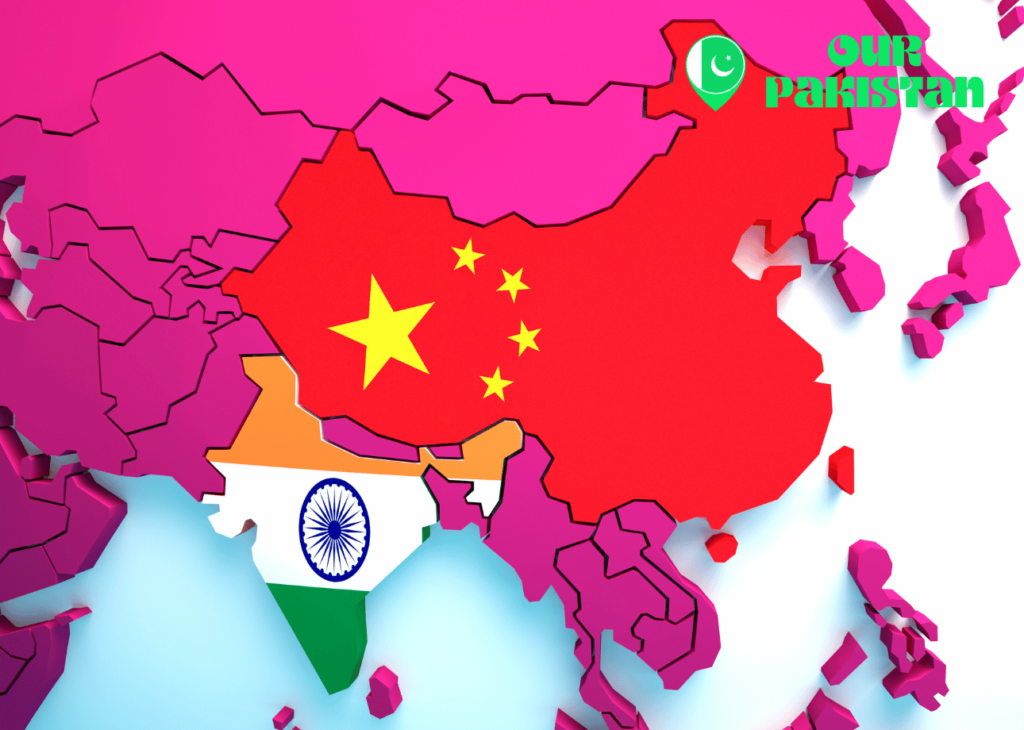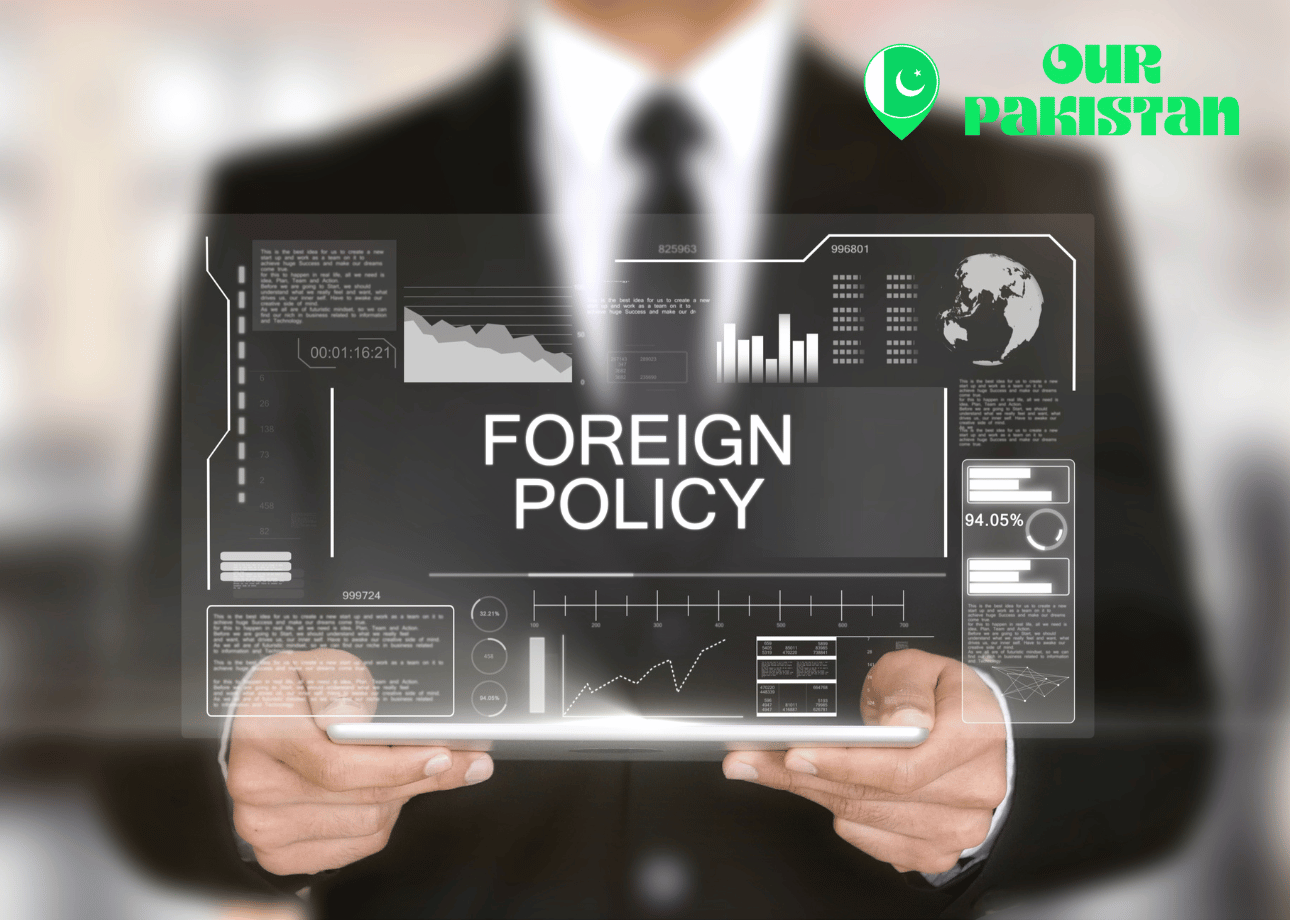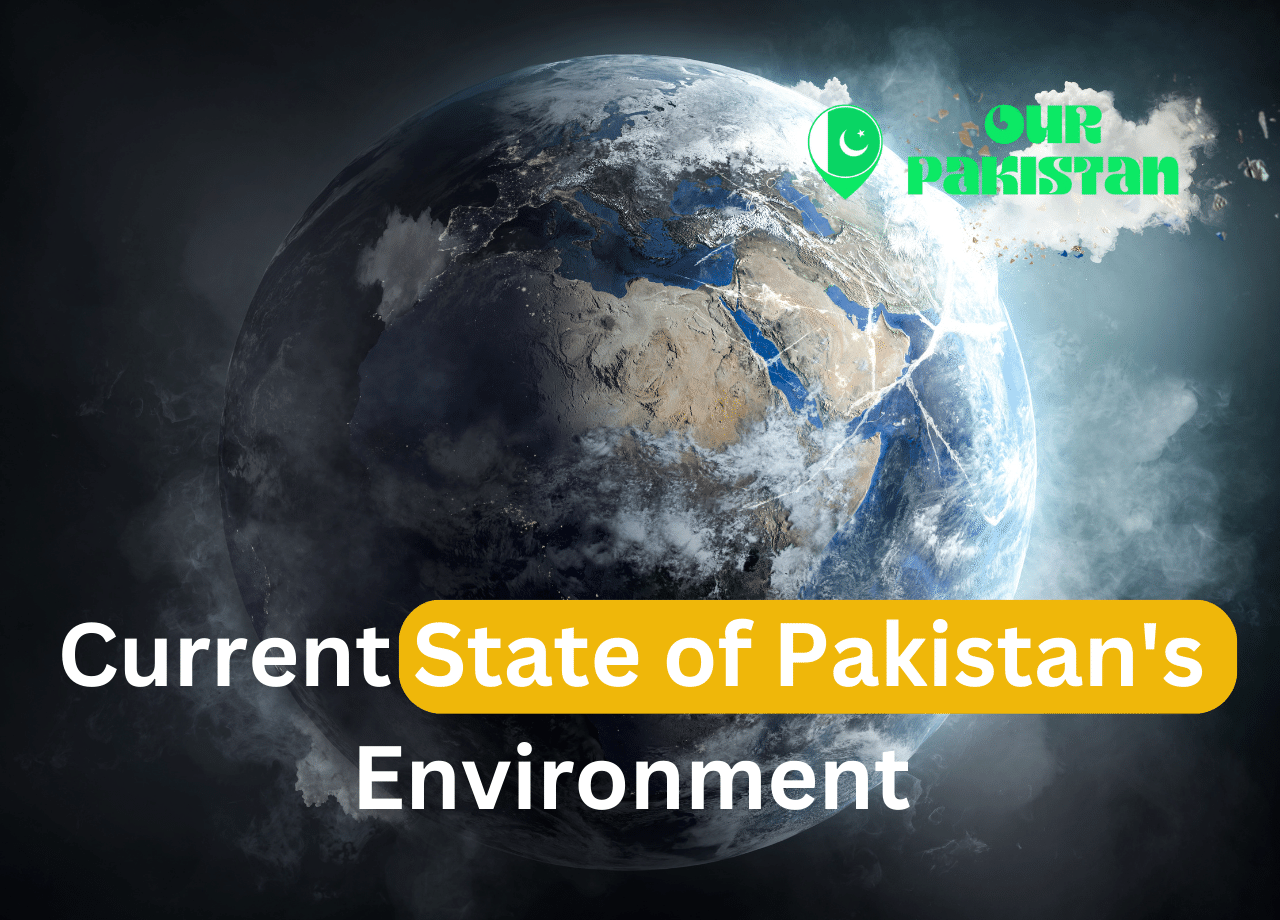Foreign policy plays a crucial role in shaping a nation’s position in the international arena. For Pakistan, a country with a rich history and a complex geopolitical landscape, it is imperative to have a well-defined foreign policy. This article aims to delve into the various dimensions of Pakistan’s foreign policy, exploring its objectives, principles, and the factors that have influenced its formulation.
Historical Context
Pakistan’s journey as an independent state began in 1947 when it emerged from the partition of British India. During this time, it established diplomatic ties with several nations, building alliances based on shared interests and mutual cooperation. These early diplomatic relations set the foundation for Pakistan’s foreign policy priorities and shaped its approach towards international relations.
The partition of British India not only resulted in the birth of Pakistan but also led to the separation of East Pakistan, now Bangladesh, in 1971. This significant event greatly influenced Pakistan’s foreign policy priorities. It compelled the country to redefine its national identity, reassess its regional dynamics, and emphasize strategic alliances to safeguard its interests.
Read More About
Pakistani Economy
Non-Aligned Movement and Cold War Era
While the world was divided between the Western and Eastern blocs during the Cold War, Pakistan pursued a policy of non-alignment. This approach allowed Pakistan to assert its neutrality, avoiding entanglement in the rivalries between major powers. By maintaining a neutral stance, Pakistan aimed to protect its sovereignty, and regional autonomy, and pursue an independent foreign policy course.

Pakistan’s relations with major powers were dynamic and influenced by its strategic location. During the Cold War, Pakistan enjoyed close ties with the United States, which viewed it as a key partner in countering Soviet influence in the region. Simultaneously, Pakistan maintained cordial relations with the USSR, avoiding direct confrontations. Additionally, Pakistan fostered a strong friendship with China, which played a pivotal role in shaping its foreign policy.
Regional Relations
Pakistan’s foreign policy is intrinsically linked with its neighboring countries. Notably, its relationship with India has been marked by a deep-rooted conflict centered around the disputed region of Kashmir. However, Pakistan has also maintained diplomatic ties and trade relations with Afghanistan, Iran, and China, recognizing the significance of regional cooperation in fostering stability and economic growth.
Trade and economic cooperation are vital aspects of Pakistan’s foreign policy objectives in the South Asian region. Initiatives like the South Asian Association for Regional Cooperation (SAARC) focus on enhancing economic integration, connectivity, and promoting harmonious relations. Pakistan actively participates in such forums, working towards fostering an environment that promotes economic growth and cooperation among South Asian nations.
Focus on the Muslim World
Pakistan, being an Islamic nation, has played a significant role in the Organization of Islamic Cooperation (OIC). It has actively contributed to the organization’s efforts in addressing issues affecting the Muslim world. Pakistan’s involvement in the OIC highlights its commitment to promoting unity, peace, and socio-economic development among Muslim nations.
Pakistan has consistently supported Muslim causes in the Middle East, advocating for their rights and independence. The country has offered diplomatic, moral, and humanitarian assistance to nations facing conflicts, such as Palestine. This solidarity reflects Pakistan’s commitment to safeguarding the interests of the Muslim world and maintaining stability in the region.
Kashmir Issue
The Kashmir dispute has long been a focal point of Pakistan’s foreign policy. Pakistan contends that Kashmir is an unresolved issue stemming from the partition of British India and demands its implementation in accordance with UN resolutions. The pursuit of a peaceful resolution to the Kashmir issue remains a core objective for Pakistan as it seeks to ensure regional stability and protect the rights of the Kashmiri people.
Pakistan has consistently engaged in diplomatic efforts to resolve the Kashmir conflict. Through bilateral and multilateral negotiations, it strives to promote dialogue, peace, and reconciliation between India and Pakistan. These diplomatic initiatives are aimed at fostering mutual understanding, respect for international law, and ensuring a just resolution to the long-standing dispute.
Relations with the United States
Pakistan’s relations with the United States have experienced moments of cooperation and periods of tension. Historically, Pakistan was a close ally of the U.S., especially during the Cold War and the Afghan-Soviet conflict. However, challenges in the region, diverging interests, and policy differences have led to occasional strains in this relationship, necessitating continuous diplomatic efforts to maintain a balance of interests.
Following the 9/11 attacks, Pakistan played a crucial role in the global war on terror as a key ally of the United States. This collaborative effort significantly impacted Pakistan’s foreign policy and bilateral relations. The war on terror not only necessitated Pakistan’s increased engagement with the U.S. but also caused complexities and challenges that required delicate maneuvering to balance national interests with international obligations.
Engagement with China
Pakistan and China share a deep-rooted strategic partnership, characterized by trust, mutual respect, and economic cooperation. The China-Pakistan Economic Corridor (CPEC) is a flagship project that underscores the strength of this partnership. It aims to foster economic development, connectivity, and regional integration, bringing mutual benefits to both nations.
Shared interests, evolving geopolitical dynamics, and economic cooperation lay the foundation for continued cooperation between Pakistan and China. As regional and global challenges persist, these two nations are working towards strengthening their relationship and exploring untapped avenues for collaboration in various sectors, such as trade, technology, and people-to-people contacts.
Role in Regional Security
Pakistan has actively contributed to regional security through its participation in peacekeeping missions and its engagement in security forums. It has dispatched troops to various United Nations peacekeeping missions, showcasing its commitment to global peace and stability. Additionally, Pakistan actively participates in regional security forums, such as the South Asian Association for Regional Cooperation (SAARC), to address common security challenges collectively.
While Pakistan contributes significantly to regional security, it faces challenges such as terrorism, extremism, and border disputes. These challenges necessitate continued efforts to establish lasting peace, combat terrorism, and resolve conflicts through diplomatic means. Despite these obstacles, Pakistan’s contributions to regional stability remain crucial to ensuring peace and development in the wider South Asian region.
Relations with International Organizations
Pakistan actively engages with the United Nations and other global organizations, recognizing their importance in addressing global challenges and shaping international policies. By participating in forums like the United Nations General Assembly, Pakistan expresses its views, advocates for its interests, and contributes to the shaping of a more equitable global order.
Pakistan has made significant contributions to global peacekeeping and humanitarian efforts. Pakistani peacekeepers have served in various conflict zones, displaying professionalism, bravery, and dedication toward maintaining peace. Additionally, Pakistan extends humanitarian assistance to nations affected by natural disasters, demonstrating its commitment to the well-being and security of the global community.
Nuclear Policy and Non-Proliferation
Pakistan’s nuclear program has undeniably shaped its foreign policy outlook. It asserts its nuclear capability as a means of deterrence and safeguarding national security. Pakistan’s nuclear posture reflects its commitment to preserving regional stability while deterring any potential aggression or violation of its sovereignty.
Nevertheless, Pakistan remains committed to the principles of non-proliferation and disarmament to contribute towards global peace and security. It actively participates in international negotiations and supports efforts aimed at reducing the risk of nuclear proliferation and achieving a world free from the threat of nuclear weapons.
Economic Diplomacy
Pakistan recognizes the significance of economic diplomacy in promoting bilateral relations and enhancing cooperation with other nations. It seeks trade and investment opportunities in various sectors, establishing mutually beneficial partnerships that stimulate economic growth, create employment opportunities, and enhance the overall well-being of its people.

Pakistan is actively engaged in exploring avenues to strengthen economic ties with countries across the globe. By focusing on policies that promote ease of doing business and creating an enabling environment for investment, Pakistan aims to attract foreign direct investment, boost exports, and foster sustainable economic development.
Challenges and Future Outlook
Pakistan faces numerous challenges in managing regional conflicts and maintaining a strategic balance in a rapidly evolving geopolitical landscape. It requires agile diplomacy, foresight, and adaptability to mitigate tensions, promote dialogue, and foster regional cooperation. By addressing these challenges head-on, Pakistan can actively contribute to fostering peace, stability, and development in the region.
The global order is subject to constant shifts and emerging challenges that necessitate an astute foreign policy approach. Pakistan must navigate these changes and capitalize on new opportunities while preserving its core national interests and principles. By adapting to geopolitical shifts and actively engaging in international dialogues, Pakistan can play a constructive role in shaping the global agenda.
Conclusion
Pakistan’s foreign policy is a dynamic and evolving aspect of its presence in the international arena. It encompasses a wide range of objectives, principles, and relationships aimed at safeguarding its national interests while promoting peace, stability, and prosperity. A balanced and proactive approach to international relations ensures that Pakistan remains an active participant in the global community, actively contributing towards a more peaceful and prosperous world.



